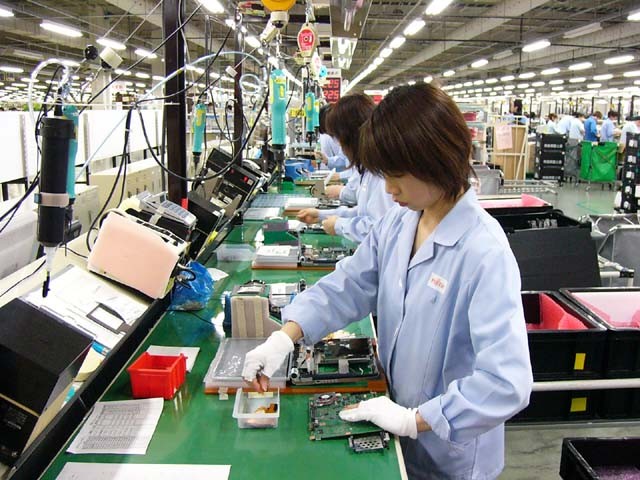 |
| The US-China semiconductor war will have relatively significant impacts on Vietnam. (Source: Investment Newspaper) |
US President Joe Biden signed an executive order on August 9, banning certain US investments in sensitive technology in China. The order allows the US Treasury Secretary to ban or restrict certain US investments in Chinese entities operating in three areas: semiconductors and microelectronics, quantum information technology, and certain artificial intelligence systems.
US officials have said the bans are aimed at addressing the "most serious" national security risks and do not separate the two countries' interdependent economies.
China immediately expressed its deep concern and will take countermeasures if the US restricts investment in China's technology sector. The Chinese Ministry of Commerce called on the US to respect the rules of the market economy and the principles of fair competition, not to obstruct economic exchanges and cooperation, and not to hinder the recovery of global economic growth.
Mr. Nguyen Ba Hung, Chief Economist of ADB, said that the competition between the US and China in the semiconductor and high-tech chip sector is heating up, causing pressure on a new spiral in the global value chain.
In Southeast Asia in general and Vietnam in particular, recently, they have also actively participated in the value chain of the electronics industry. Therefore, the US - China's move will have relatively significant impacts on Vietnam. This is shown by the fact that Vietnam's main export product group in the past year, the electronics industry, electronic equipment, faced quite big challenges. The reason is that the US and Europe want to be more self-sufficient in the production chain of electronic equipment.
On the other hand, the Chinese economy is also facing its own difficulties, so Vietnam must rely mainly on its own strength.
"Most countries now subsidize technology corporations to invest in chip manufacturing facilities in their countries, which will greatly affect Vietnam. In short, Vietnam should rely mainly on its own internal strength," Mr. Hung concluded.
According to Mr. Hung, there are two very big "vortexes" at present and they have different impacts on Vietnam's economy: US policy and the Chinese economy.
"The US is our country's main exporter. In the future, if we want to increase our capacity to attract foreign investment to upgrade technology, the US can also be a strategic partner to focus on. On the other hand, China is a large and traditional partner of Vietnam, so it is difficult to say which side is better than the other," Mr. Hung commented.
Source



![[Photo] Prime Minister Pham Minh Chinh chairs conference on anti-smuggling, trade fraud, and counterfeit goods](https://vphoto.vietnam.vn/thumb/1200x675/vietnam/resource/IMAGE/2025/5/14/6cd67667e99e4248b7d4f587fd21e37c)








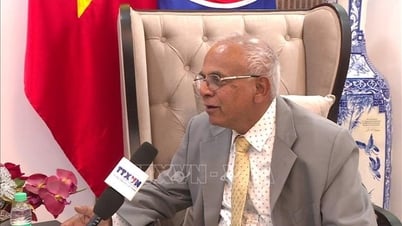







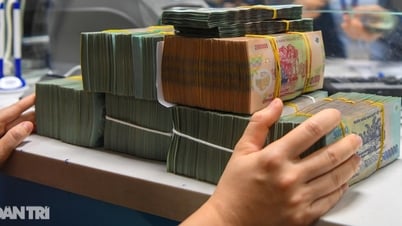












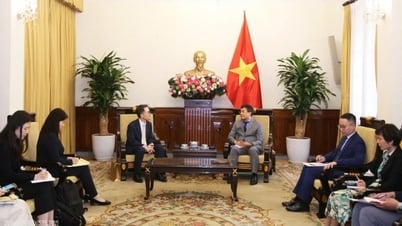
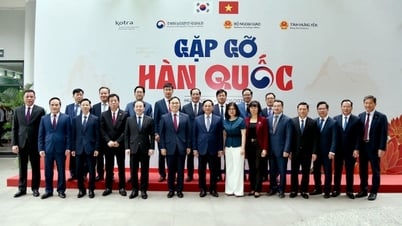
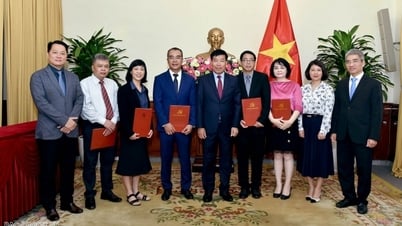





















































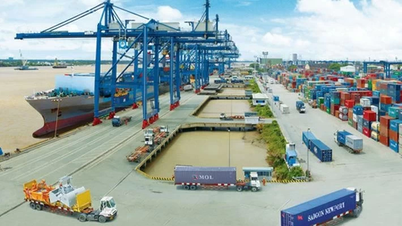











Comment (0)